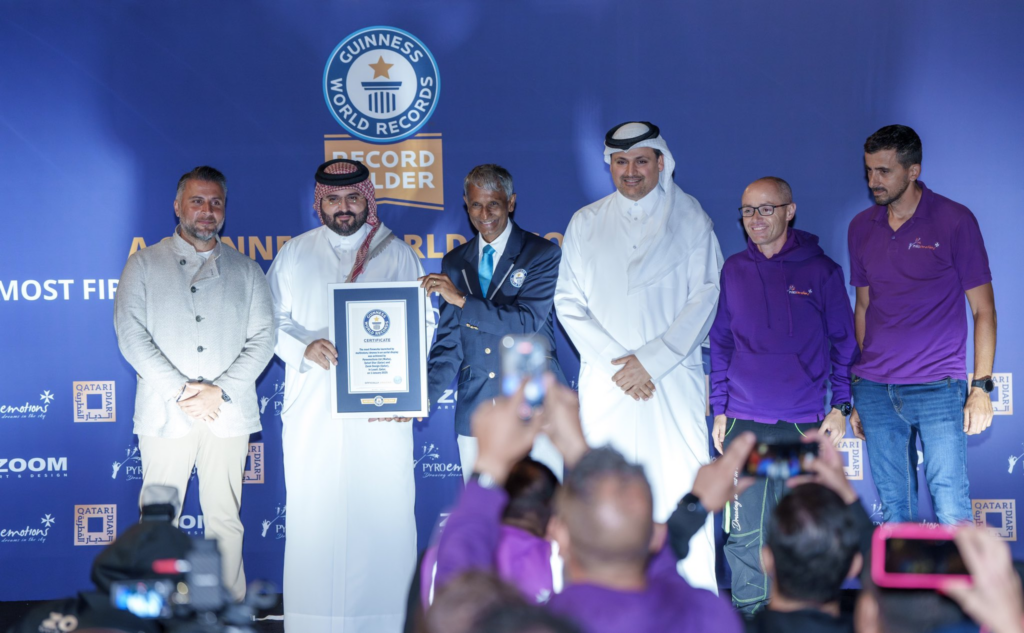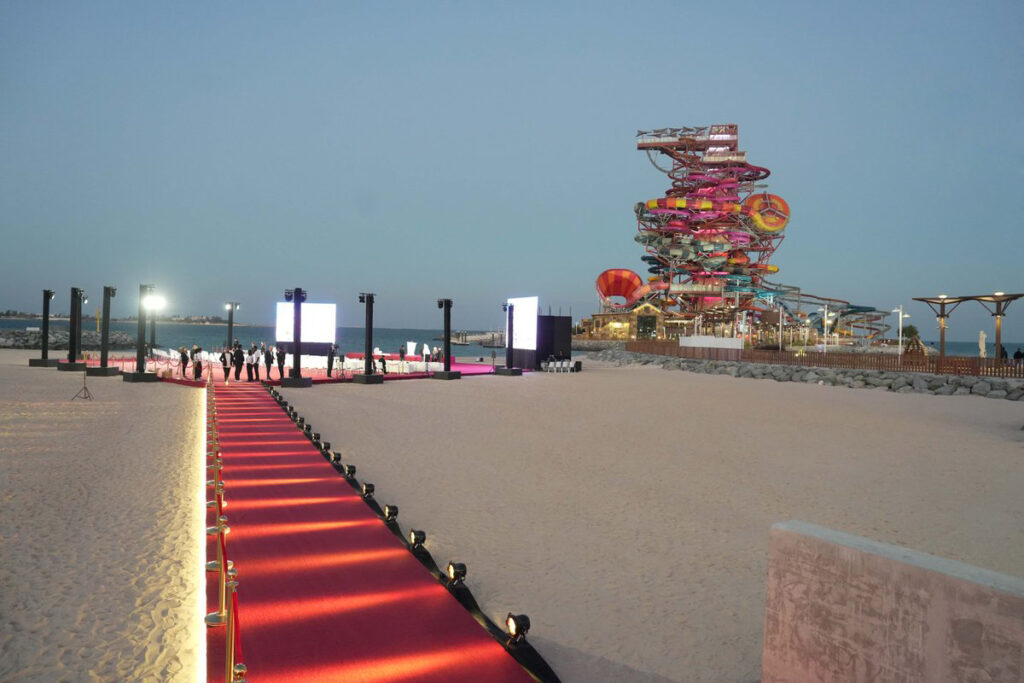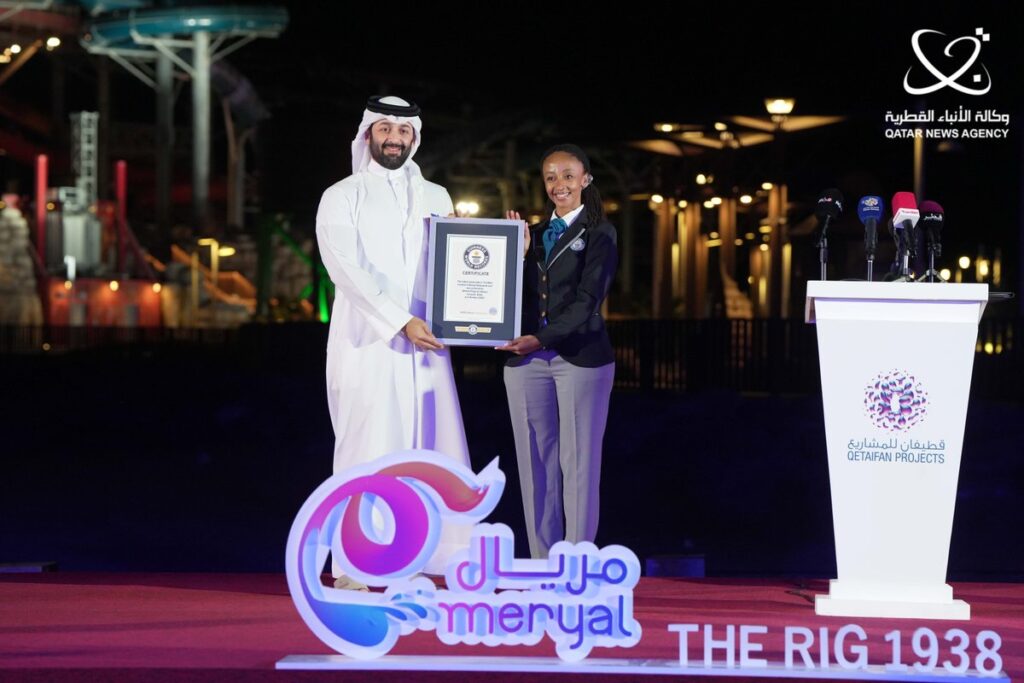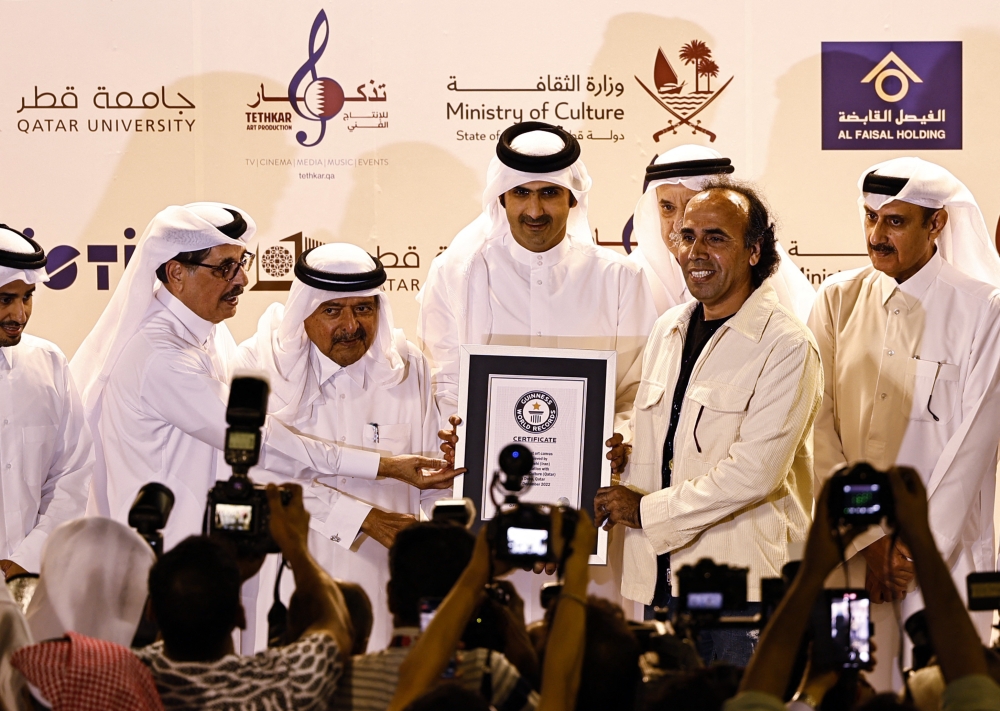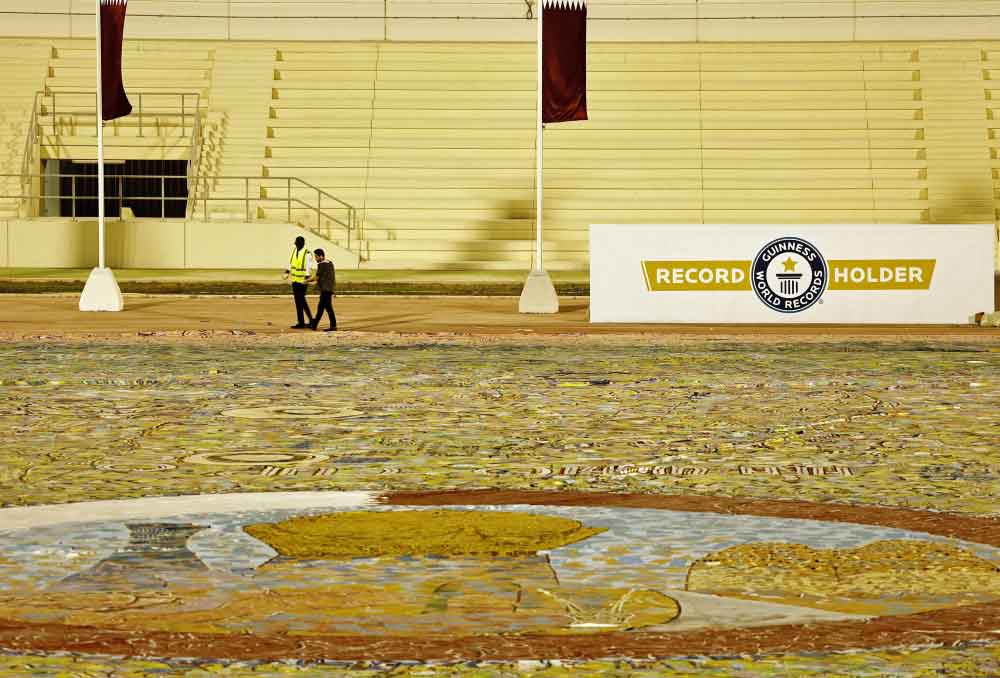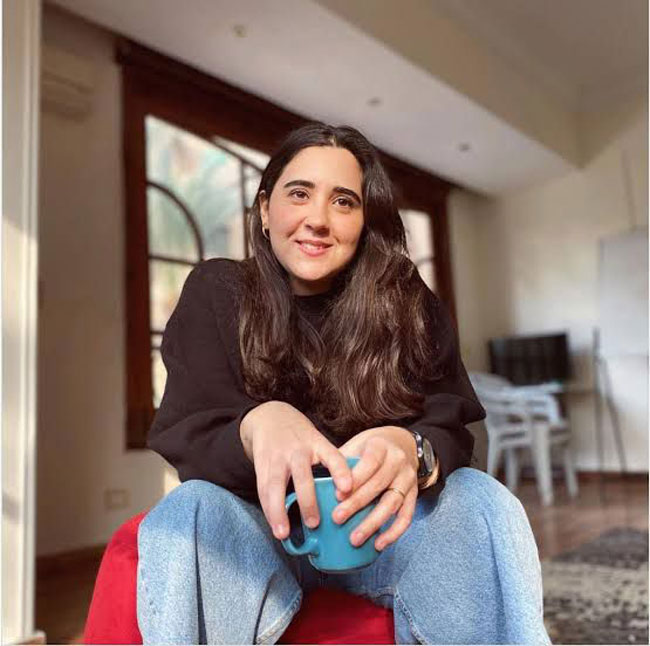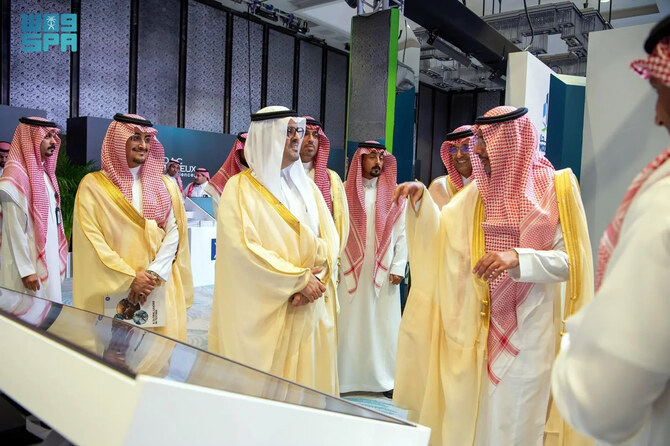Beginning January 1, 2025, Algeria assumes the presidency of the United Nations Security Council for one month, marking a notable step in its diplomatic engagement. With its long-standing support for just causes in the Middle East and Africa, this presidency provides the country with a strategic opportunity to highlight crucial issues.
Clear Priorities for a Central Role
As a non-permanent member of the Council for a year, Algeria is concentrating on major issues such as the situation in Palestine, the humanitarian crisis in Gaza, and security challenges in Africa, especially the fight against terrorism.
An open ministerial discussion on “The Situation in the Middle East, including the Palestinian Question” will bring together key international players, including UN Secretary-General Antonio Guterres.
Focus on Palestine: A Historic Priority
The Palestinian issue, a cornerstone of Algeria’s diplomacy, is paramount to this presidency. Fifteen months after a deadly escalation in Gaza, Algeria reaffirms the need for an “immediate” and “permanent” ceasefire.
Algerian Ambassador to the UN, Amar Benjama, has been leading efforts since March 2024 to promote peace in the region. In parallel, Algeria is renewing its call for full Palestinian membership in the UN, aiming to realize the two-state solution and restore the legitimate rights of the Palestinian people.
Addressing Regional Crises
In addition to Palestine, Algeria will focus on other major conflicts:
Syria: A session will address the political and humanitarian situation in this war-torn country.
Yemen: UN Special Envoy Hans Grundberg will intervene to evaluate peace prospects and respond to the humanitarian emergency.
An African Priority: Fighting Terrorism
On the African front, Algeria will convene a high-level meeting on counterterrorism, a growing threat to the stability of many states on the continent.
Ahmed Attaf, Minister of Foreign Affairs, will emphasise ways to strengthen international cooperation in addressing this scourge.
A Presidency Full of Hope
Under the leadership of President Abdelmadjid Tebboune, Algeria aims to use this platform to promote peace, security, and justice in key regions.
With ambitious initiatives and active leadership, this presidency of the Security Council represents a unique opportunity for Algeria to defend the interests of Arab and African nations while consolidating its position on the global diplomatic stage.
source/content: news-tunisia.tunisenumerique.com/algeria (headline edited)
____________
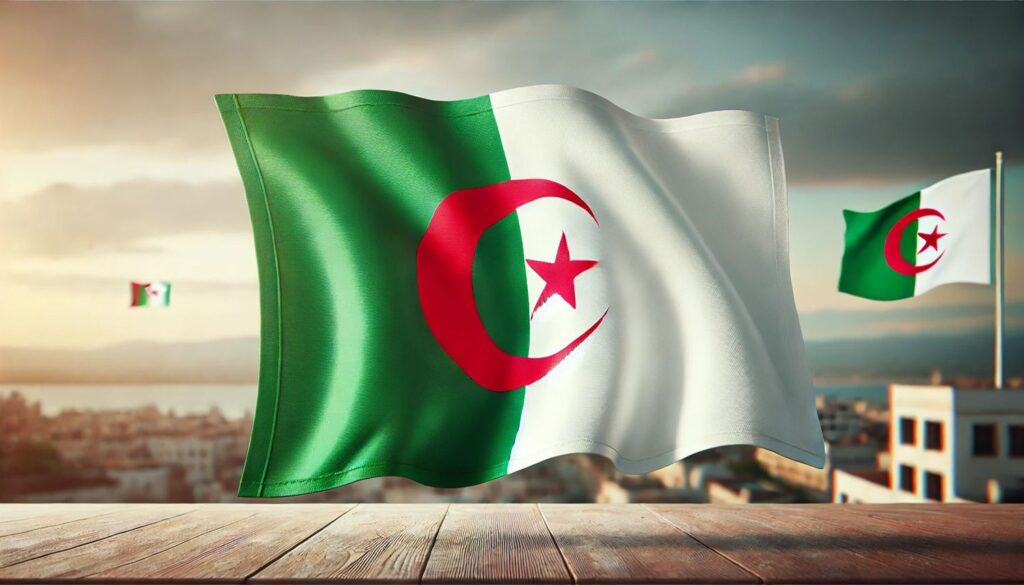
______________
ALGERIA

